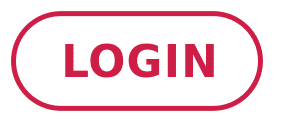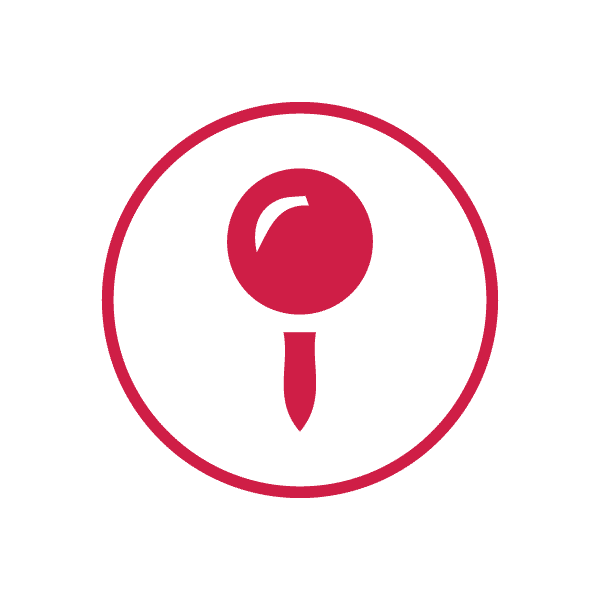The forex or foreign exchange market is different to global stock markets as it is open 24 hours a day, 5 days a week. Though the local stock market is more familiar to most people, the foreign exchange market is the largest, most liquid and actively traded market in the world.
Combined with extended opening hours vs local stock markets, this means there are almost endless opportunities in the forex market.
















